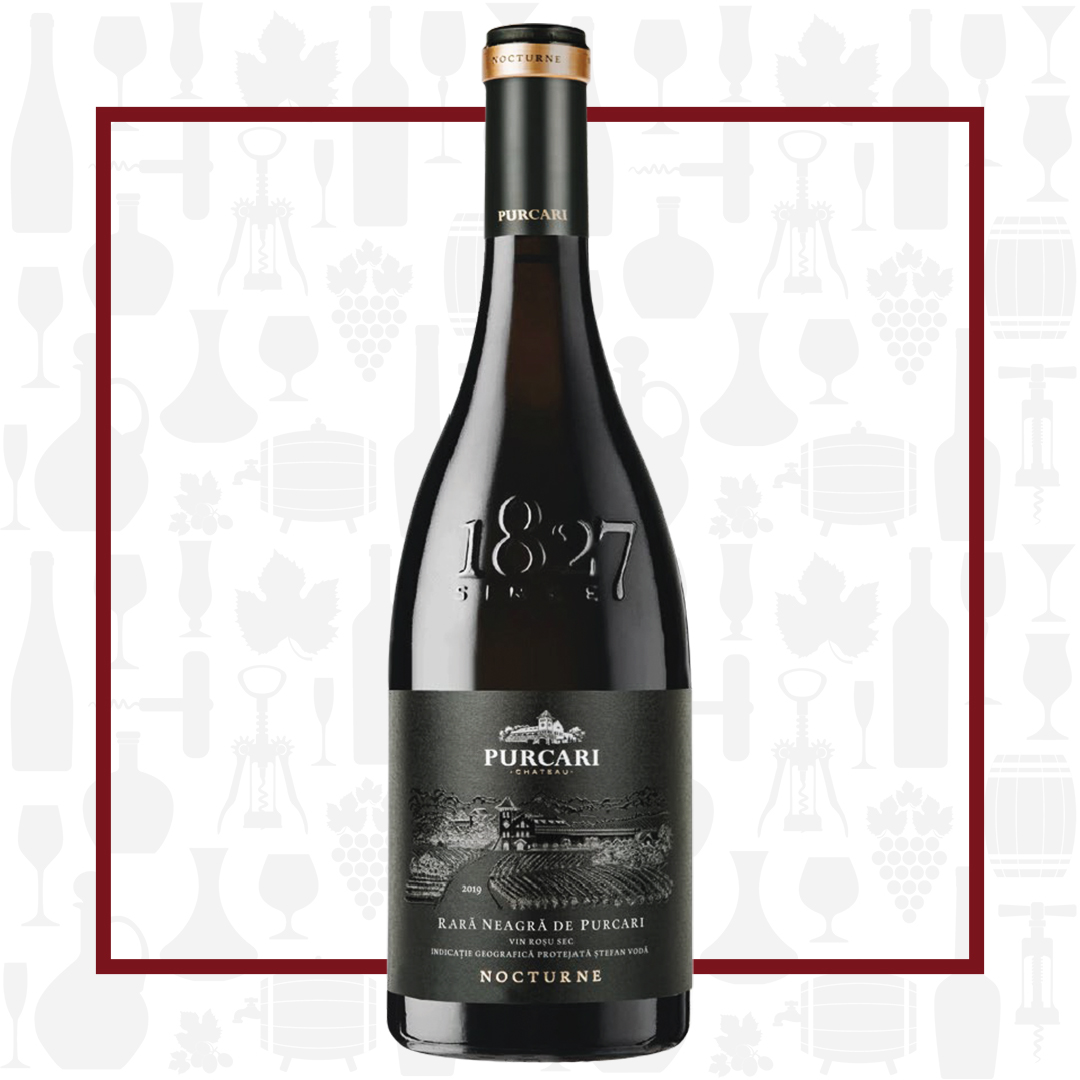Cellar Profile
After 600 years of contiguous planting, Château Purcari started bottling under its iconic label in 1827. In 1878, Negru de Purcari, a blend featuring the indigenous Rara Neagra, was awarded a gold medal in a blind tasting at the Paris World Expo. Most believed it to be an exceptional new Bordeaux. This is not surprising, as the wine regions of Moldova sit at the same latitude as Bordeaux, their soils are similar and they share a lot of similar climactic conditions. At the turn of the century, the winery replanted 250 ha of vineyards, refreshing and retraining the vines with an eye towards crafting fine wines instead of the large volumes of inexpensive wines demanded by Moldova’s former largest export partner, Russia. During the replanting, care was taken to bring back the indigenous Rara Neagra and white Viorica grapes that had largely been ignored, for decades, in favour of French varieties. Château Purcari was the most awarded winery in the world in 2022, amassing a stunning 333 international awards including a Platinum medal and “Best in Show” at the Decanter World Wine Awards. Approximately 30% of the winery’s vineyards are currently undergoing organic conversion.
Region
Although Moldova can trace grape cultivation back to 2800 BC, it remains a little-known country for wine production. Château Purcari is located in Stefan Voda, in the southeastern part of the Republic of Moldova, considered the best of the country’s four regions for crafting fine wines. Here, well-drained, mineral-rich, red clay and loamy soils sit on top of limestone slabs. The Purcari subzone of Stefan Voda lies between the Dniester River (500m away) and the Black Sea (60km away). The region has low rainfall and enjoys 320 days of sun a year. Warm breezes coming off the Black Sea help mitigate the formation of mildew or fungus from early morning fog. Over 75% of all vineyards are planted on slopes, which helps capture the right amount of sunlight during the day to offset cool evening temperatures. Despite its proximity to the sea, the climate is considered Moderate Continental, with a lot of similarities to Bordeaux, France. The region boasts a large number of indigenous varieties including Viorica, Rară Neagră, Feteasca Neagră and Feteasca Alba, Red grapes account for almost 60% of plantings, but aromatic whites also play an important role in the region’s winemaking traditions.
Vineyard
Château Purcari has 250ha of plantings of both indigenous and international grape varieties on its Estate vineyards. Replanted in the early 2000s, the vines are starting to produce incredible fruit. Sustainably-farmed on red loam soils laden with mineral content, the winery takes advantage of the long, dry growing season and cool nights to harvest grapes that have high levels of sugar, full phenolic ripeness and balancing acidity.
Winemaking
Grapes are harvested in the dead of night — to keep the fruit cool and to retain acidity — and are fermented as soon as possible to preserve freshness. The wine is put into French oak barriques, the majority new, for malolactic fermentation and aging for 6 months before bottling and release.
Varieties
Rară Neagră, also known as Băbească Neagră, is a thin-skinned grape native to Romania and Moldova. Thought to be the result of selective breeding, Rară Neagră can trace its lineage back to the 14th century. It requires significant hang time and ripens late, but is susceptible to frost. It also tends to be very vigorous – wanting to grow vines and leaves instead of fruit – so proper vineyard management is essential. It can give rather pedestrian wines unless care is given to green harvest and restrict yields. When properly grown, these are wines of exceptional elegance and power.
Tasting Notes
Brilliant ruby in the glass, the nose is filled with red berry fruit, baking spices and licorice. The palate is medium-bodied. The tannins are mild and soft and balance comes from zippy acidity. You’ll find raspberry, beetroot, cola, nutmeg and tart cranberry on the palate. This is an easy-drinking sipper that should be lightly chilled and enjoyed with grilled sausages, seared duck breast or planked salmon.

